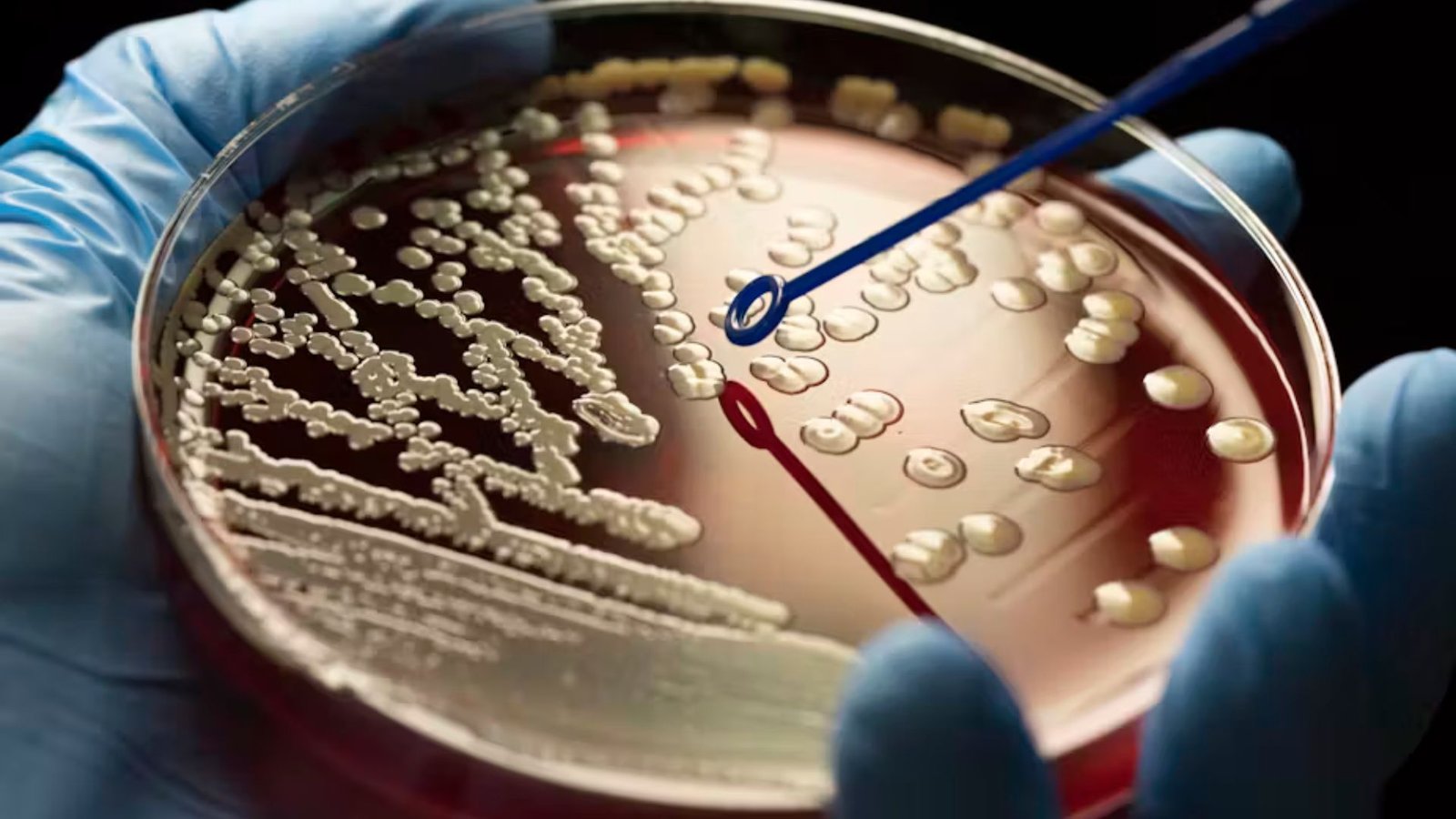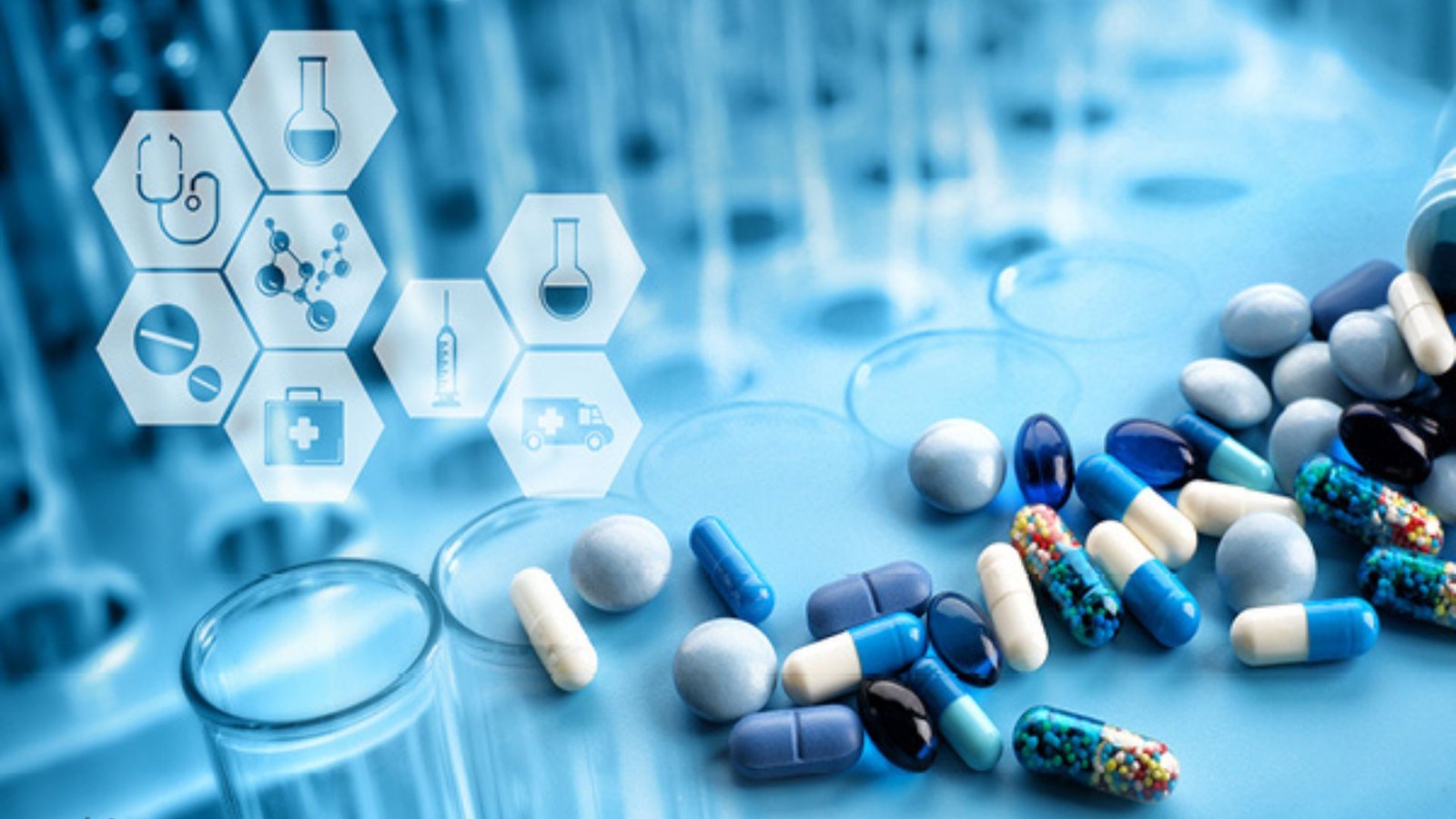Pharmaceuticals play a crucial role in modern healthcare. They help treat a variety of diseases and manage chronic conditions, significantly improving quality of life. See details about the types of pharmaceuticals and their importance in medical treatments.
What Are Pharmaceuticals?
Pharmaceuticals are drugs or medications used to diagnose, treat, and prevent diseases or medical conditions. These substances can be prescription-based or available over the counter, depending on their strength and purpose. Pharmaceuticals are a cornerstone of modern medicine, making it possible to treat conditions ranging from minor ailments to life-threatening diseases.
Types of Pharmaceuticals
Pharmaceuticals come in many forms, from pills and injections to creams and syrups. The type of medication prescribed often depends on the condition being treated and how the drug needs to be absorbed into the body. Below are the common types of pharmaceuticals:
1. Prescription Medications
These drugs are prescribed by a healthcare professional. They are usually for conditions that require more specialized treatment, such as infections, chronic diseases, or mental health conditions. Examples include antibiotics, insulin, and antidepressants.
2. Over-the-Counter (OTC) Medications
OTC medications are available without a prescription. These drugs are generally used for minor illnesses or symptoms, such as headaches, colds, or allergies. Examples include ibuprofen, antihistamines, and cough syrups.
Discovering Opportunities Beyond the Directory
Directory Direct helps users find trusted services and connect with businesses efficiently. Exploring new experiences can complement this search for discovery, adding excitement to everyday routines. For those seeking online entertainment, Junee casino provides a fun and interactive way to unwind.
3. Vaccines
Vaccines are a specific type of pharmaceutical usResearchers produce biopharmaceuticals from living organisms to treat various diseases, particularly complex or chronic conditions.ed to prevent infectious diseases. They work by stimulating the body’s immune system to recognize and fight specific pathogens, such as viruses or bacteria. Common vaccines include those for influenza, measles, and COVID-19.
4. Biopharmaceuticals
Researchers create biopharmaceuticals from living organisms to treat various diseases, particularly complex or chronic conditions. antibodies and gene therapies. Biopharmaceuticals are often used in the treatment of cancer, autoimmune diseases, and rare genetic disorders.
Your Guide to Trusted Online Resources
Directory-Direct helps users find reliable services and information with ease. For a trusted source of online entertainment, visit https://www.safespin.com/.
How Pharmaceuticals Work in the Body
When pharmaceuticals are introduced into the body, they interact with biological systems to achieve a therapeutic effect. They may target specific receptors, enzymes, or pathways in the body to relieve symptoms or cure diseases. The way a drug works depends on its active ingredients and how they influence the body’s cells and tissues.
1. Absorption and Distribution
After ingestion or injection, pharmaceuticals are absorbed into the bloodstream and distributed throughout the body. Their effectiveness depends on factors such as the drug’s solubility and the individual’s metabolism.
2. Mechanism of Action
Each pharmaceutical has a unique mechanism of action. Some drugs work by blocking certain receptors in the body, while others stimulate specific biological processes. For example, pain relievers like aspirin reduce inflammation by inhibiting certain enzymes in the body.
Navigating Information and Unlocking New Opportunities
At Directory Direct, we specialize in building platforms that expertly organize and connect information, making it easy for users to find what they need. Just as a well-structured directory streamlines the path to a specific service or business, the digital world offers countless avenues for those seeking a fast and engaging experience. We believe in providing a direct route to discovery, whether for business or for entertainment, without unnecessary complexities. Discover a world of exciting possibilities with seamless access at https://nokyc-casino.io.
3. Elimination
The body eliminates drugs through processes like metabolism in the liver and excretion through urine or feces. The rate at which the body removes drugs can influence how often they need to be administered and their effectiveness.
The Role of Pharmaceuticals in Modern Medicine
Pharmaceuticals have transformed healthcare in countless ways. They allow for the treatment of conditions that were once fatal or untreatable. Thanks to modern pharmaceuticals, diseases like diabetes, hypertension, and certain cancers are now manageable, allowing individuals to live longer, healthier lives.
1. Treatment of Acute and Chronic Diseases
Pharmaceuticals are used to treat both acute and chronic diseases. Acute conditions, like infections, are often treated with antibiotics or antiviral drugs. Chronic conditions, like asthma or diabetes, require long-term medication management to control symptoms and prevent complications.
2. Mental Health Treatment
Pharmaceuticals also play a significant role in managing mental health conditions, such as depression, anxiety, and bipolar disorder. Medications like antidepressants, mood stabilizers, and antipsychotics help balance brain chemistry, improving mental health and well-being.
3. Preventive Care
Pharmaceuticals are not just for treating illnesses. Vaccines, for instance, prevent the spread of infectious diseases. Statins and blood pressure medications can reduce the risk of heart attacks and strokes by managing cholesterol and blood pressure.

Safety and Regulation of Pharmaceuticals
Ensuring the safety of pharmaceuticals is vital. In the United States, the Food and Drug Administration (FDA) regulates pharmaceuticals to ensure they are both safe and effective for public use.
1. Clinical Trials
Before a pharmaceutical reaches the market, it must go through clinical trials to assess its safety, efficacy, and potential side effects.
Experience the Thrill of Live Casino Games
Players who enjoy the energy of real-time gameplay can play live baccarat online and engage with professional dealers. The immersive atmosphere and seamless streaming create a realistic casino feel from the comfort of home. It’s a great way to combine entertainment and winning opportunities in one space.
Phone-Friendly Fun
Experience smooth online games with rewarding opportunities. Casino Wolf Winner phone friendly offers exciting gameplay and generous prizes. Every session is engaging with fun challenges. Join now and start winning today!
Discover the Best Online Mobile Casinos
Exploring the world of gaming has never been easier with the rise of mobile platforms. Players now have instant access to top-quality games anytime, anywhere. For those seeking seamless gameplay and exciting bonuses, online mobile casinos offer an unparalleled experience. Directory-Direct.com provides a curated list of trusted platforms to help players make informed choices.
Conclusion
Pharmaceuticals are essential tools in modern medicine, allowing us to treat a wide range of medical conditions and improve quality of life. From prescription medications to vaccines, these substances play a vital role in maintaining health and preventing disease. See details about how specific medications can improve your well-being and help you live a healthier life.










